Every country is known for its literacy rate. In countries that offer free education, education is available at free of cost to the desired students. Some countries which offer free education to Indian students are Norway, Germany, Brazil, Spain, etc.
Table of Contents
In countries with free education, students are offered education free of cost which is mostly funded by taxation or various charitable organizations. Many universities practice exemption of traditional tuition funding as many families aren’t able to send their wards to get adequate education due to financial conditions. Some countries which offer free education to Indian students are Norway, Germany, Denmark, Poland, etc.
Every country is known for its literacy rate. According to human rights, it is said that primary education should be compulsory and free of cost. Secondary and higher education can be made free of charge according to the state laws or rules and regulations of the university. Free education is the one step toward equitable education for all. Free education is a step taken by countries to let students be not deprived of education and primary health care.
- Countries with Free Education for Indian Students
- What Does Free Education Mean?
- Purpose of Free Education
- Advantages of Free Education
- Disadvantages of Free Education
Countries with Free Education for Indian Students
Several countries offer free education to Indian students at some of their top universities/ colleges. One needs to pay a basic amount of administration fees for attending these universities. Below is the list of countries with free education for Indian aspirants:
Norway
Norway is one of the countries with free education for international students and funds higher studies for students from all over the world. Here, tuition at public colleges and universities is free, but students need to pay a small registration fee. On the other hand, students at private universities have to pay tuition fees, which vary by institution and degree. Despite Norway being an expensive place to live, its free education has made it one of the most popular countries for international students. As the country's public universities are government-funded, international students can attend them for free.
Norwegian universities also offer free graduate, postgraduate, and doctoral programs, irrespective of students' nationality. However, a majority of the top universities in Norway offer education in Norwegian, which is why you need to appear for a language proficiency test in order to qualify for these universities.
The universities in Norway that offer free education to Indian students are:
- University of Oslo
- University of Bergen
- Nord University
- University of Stavanger
- NHH School of Economics
How to Study in Norway for Free?
- Look for free universities in Norway
- Create a flawless application and submit it as soon as possible
- Apply for university, private, and government scholarships in Norway
- Get a job while you’re studying
- Try to reduce your expenditures
Germany
Germany is one of the most popular countries with free education for international students. Public universities in Germany do not levy tuition fees on international and domestic students. However, some universities may require students to pay an administration fee ranging from €150-€400, depending on the university and the course of study.
Further, students coming from countries requiring student visas must prove that they have funds for living expenses of €10,236 per year or €850 per month. Germany's universities are not only known for their free education, but also for the quality of their education. According to the World University Rankings, over 40 German universities have ranked among the top universities in the world.
The universities in Germany that offer free education to Indian students are:
How to Study in Germany for Free?
- Select the course and German university of your choice
- Submit academic transcripts, work experience (depending on the course), GRE/ GMAT Scores, English test scorecards, LOR, and SOP for admission
- Apply for financial aid or assistance
- Check the living and accommodation costs in Germany
- Start the application process weeks before the official application deadline and leave enough time to apply for a German student visa
Czech Republic
The Czech Republic, also known as "the heart of Europe", is one of the countries with free education for international students. All students, regardless of their nationality, can attend the country's state universities for free. However, students must know the local language in order to take advantage of the free tuition at a public university.
The students who wish to study in the English language must pay an annual tuition fee ranging from €4,000-€12,000 as tuition fee per year. A survey conducted by the Czech Ministry of Education, Youth, and Sports indicates that the number of foreign students in the Czech Republic increased from 46,351 in 2019 to 50,121 in 2020.
The universities in the Czech Republic that offer free education to Indian students are:
- Czech Technical University
- The Academy of Performing Arts
- University of South Bohemia
- Masaryk University
- Mendel University
How to Study in the Czech Republic for Free?
- Choose a university in the Czech Republic and fulfil all the requirements to be eligible for admission
- An entrance exam or interview, language proficiency proof, letter of motivation, portfolio, statement of purpose, writing sample, updated CV, and academic transcripts should be submitted at the time of application
- Higher education in the Czech language is free of cost for all students. Tuition fees are applicable to students willing to study in English or another foreign language
- Take into account the application deadlines for the chosen program and apply for the student visa in the Czech Republic
Finland
Known to be one of the best countries with free education for international students, Finland is a global academic hub. International students can pursue PhD courses for free, irrespective of their nationality. However, they will be charged a tuition fee to study a course in the English language. The Finnish education system is also considered one of the best education systems in the world.
There are several universities in Finland that foreign students can consider applying for, as these universities offer low-cost programs. Students must ensure that they have a sufficient budget to meet their living expenses like accommodation costs, books, food, travel, etc.
The universities in Finland that offer low-cost education to Indian students are:
- Diaconia University of Applied Sciences
- Kajaani University of Applied Sciences
- University of Eastern Finland
- Tampere University
- University of Vaasa
How to Study in Finland for Free?
- Apply to affordable universities in Finland
- Prepare your application early
- Apply for scholarships and other financial assistance in Finland
Brazil
Brazil is an excellent option for international students in the list of countries with free education. Students from Brazil and abroad can study at public universities for free and will only have to pay registration fees. However, the tuition fees at a private higher education institution vary depending on the university and degree program chosen by the student.
Students should take a Portuguese language exam before applying to any university in Brazil. The cost of food and transportation in Brazil is also cheaper than those in other countries around the world, which makes it an affordable country for Indian students.
The universities in Brazil that offer free education to Indian students are:
- University of Sao Paulo
- Federal University of Santa Catarina
- Federal University of Rio Grande do Sul
- Federal University of ABC
- Pontifical Catholic University of Rio de Janeiro
How to Study in Brazil for Free?
- Apply for admission to affordable universities through Brazil's national application portal called SISU
- A copy of the ID page of your passport, academic transcripts, a letter of motivation, one or two letters of recommendation, and Celpe-Bras test results are required for admission
- Students can apply for scholarships to pay the tuition fees in Brazil
Sweden
Sweden has a majority of public universities and is also one of the many countries with free education for EU (European Union) nationals. Students from the EU/EEA and Switzerland are not charged tuition for bachelor's and master's degrees, except non-EU students who must pay tuition to study there.
Students wishing to pursue a PhD in Sweden, regardless of their country of origin, can study for free and can also take advantage of financial support provided by the country for their research work.
The universities in Sweden that free education to Indian students are:
- Stockholm University
- Uppsala University
- Karolinska Institutet
- University of Gothenburg
- Dalarna University
How to Study in Sweden for Free?
- Prepare an excellent admissions application and apply early
- Look for scholarship options in Sweden
- Apply for admission to affordable universities in Sweden along with documents demonstrating the academic standards for the program and English proficiency
Spain
The universities in Spain that offer free education to Indian students are:
- University of Barcelona
- University of Navarra
- University of Valencia
- University of Granada
- University of Salamanca
How to Study in Spain for Free?
- Ask for advice from professors and peers for any queries
- Check out some of the affordable universities in Spain and create an application that stands out
- Apply early before the specified deadline
- Apply for scholarships in Spanish universities
- Work part-time to cover expenses and minimize expenses
Belgium
Students in Belgium, which is one of the top countries with free education, are able to gain both practical and theoretical knowledge through quality education with advanced infrastructure. One can also get good placements after completing the courses and the tuition is extremely affordable.
Brazil is known for having a vibrant international community. Belgium offers scholarships to international students as well, which allows them to study for free in the country.
The universities in Belgium that offer free education to Indian students are:
- University of Ghent
- Hasselt University
- University of Namur
- Vesalius College
- UC Leuven-Limburg
How to Study in Belgium for Free?
- Have a good academic record and letter of recommendation
- Apply for scholarships from Belgian universities
- Apply for admission to affordable universities in Belgium
What Does Free Education Mean?
According to ICESCAR, International Covenant on Economic, Social, and Cultural Rights; the state must plan to secure compulsory education free of charge. No obligations are entertained concerning primary education. Free education policies in various countries could satisfy the student debt and help them access higher education either free or near to nil. Free education has been implied in many countries for students of primary schools, and a progressive introduction has been carried out for free secondary and higher education. The right to education is the right of the people which should be justified in every possible manner.
Thomas Jefferson proposed the establishment of free schools for learning, writing, and practising various skills. He also suggested the idea that students of high intellectual ability regardless of economic status or background would receive higher education paid for by the state. Countries with free education fulfil the requirement of primary education, which should be available to each individual without any constraints. It has the motive of empowering the world with a holistic approach toward sustainable development goals.
Purpose of Free Education
The primary purpose of imparting free education is to guarantee equitable access to education. Everyone should be in reach of education. The economic or financial condition should not be a barrier to learning and adapting various skills. Primary levels of education should be an essential part of the country’s development goals. Children might build a positive outlook on life and could help in the development of the state or country as a whole.
Free education is designed to acknowledge the following factors -
- No matter where the child is from; equality is manifested while learning.
- Children would be able to make decisions for life and higher education if they want to enrol themselves in colleges or want to step into a different array of skills.
- It promotes fairness and people will be given access to education for all, leading to high employment rates.
- Students will be given options to choose from an array of learning fields. It will contribute to making them eligible to choose their career options.
If the youth were empowered, the development of the nation would be near to possible. It makes people realize the need for education to conduct themselves in front of others.
- The free education motive is to let students think intensively and critically in the right direction.
- Intelligence with no morals leads to bad conduct; education should be a guide to developing character.
- Producing a literate society should be replaced by producing a learning society with attributes of personality development.
- Developing people to be recognized in society for their beliefs, notions, and opinions is the purpose of free education.
- Every individual should be able to voice their opinions to be heard and contribute to the development of the nation.
Education can be imparted either under a banyan tree or within the four walls of the classroom. Still, the individual should be comfortable grasping the methods, and there should be absolute peculiarity to gain commendable knowledge. The economic and social benefits of the country can be in favour of an educated society. Students would be able to guide their actions to follow their passion and direct their abilities. Historic inequalities are diminished as people live contented life. Acquiring critical thinking skills leads to a more informed society.
Advantages of Free Education
Free education is the building block to empowering youth and supporting the learning society. Education has a direct linkage to the development of nations. Development goals are made to keep education and healthcare on a priority basis.
A few advantages of free education are listed below-
- Universities with free education expand access to education.
- Countries with free education lead to a high number of educated youth that would have access to the economic and social benefits of the country.
- With free education, students would be able to pursue their dream courses.
- Free education diminishes inequalities in every aspect.
- Free education leads to the least student debt.
- Countries with free education promote an equal chance for every student to learn and practice skills.
- With free education, new innovative ideas would be flowing. And free education leads to steady economic growth.
- With free education, students would be more focused, and better results would be incoming. And students can opt for any course from any wide variety of career options.
- Through free education, students would make achievable goals for the future. Free education leads to positivity in classrooms and in personal life as well.
- Free education leads to the achievement of sustainable development goals.
- With free education, students would be held accountable for their performances.
- Free education leads to more focused work with accurate engagement in other activities.
Disadvantages of Free Education
Countries with free education have been a boon for educating the youth. The literacy rate hikes up with the advancement of the initiative of free education. But there are other difficulties concerning the state that are listed below -
- Taxation on other products would be increased, and the state has to bear all the costs of free education.
- People who are well off will also lookup for free education for their children, making seats unavailable for the needy.
- Free education leads to overcrowded institutions leading to improper guidance.
- Free education might direct students to utilize limited resources which might not be in everyone’s hands due to the high number of seekers.
- Government expenditure is maximized and would have a hard time dealing with the situation.
- Free education invited everyone to education, but many individuals would not be interested enough but are forced to join colleges.
- Free education could demoralize people to work hard to get good credentials.


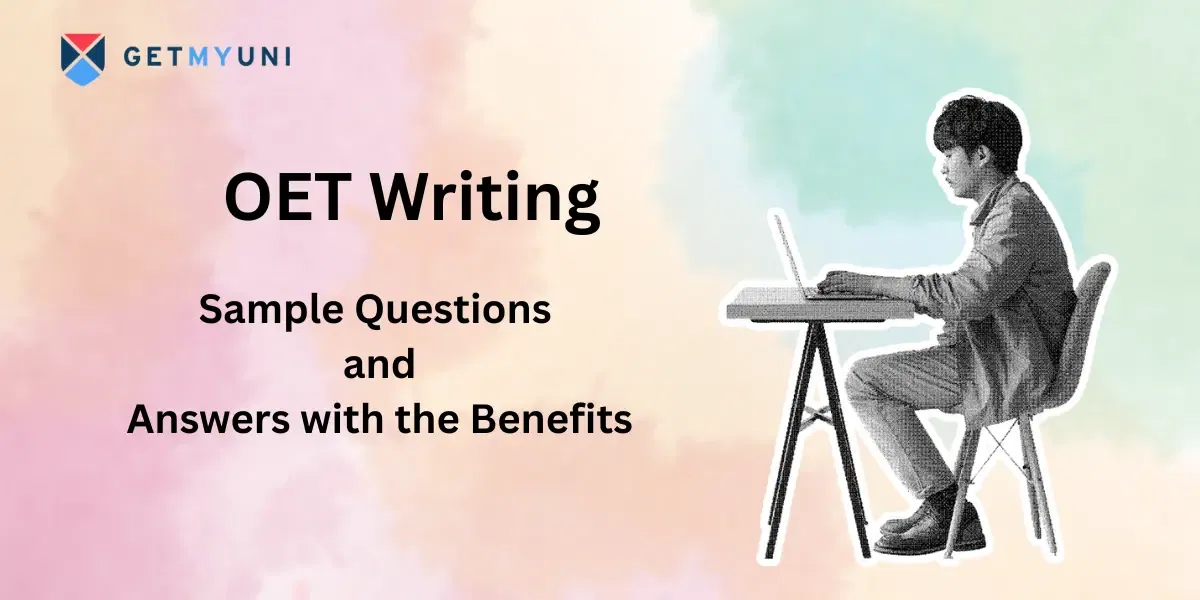
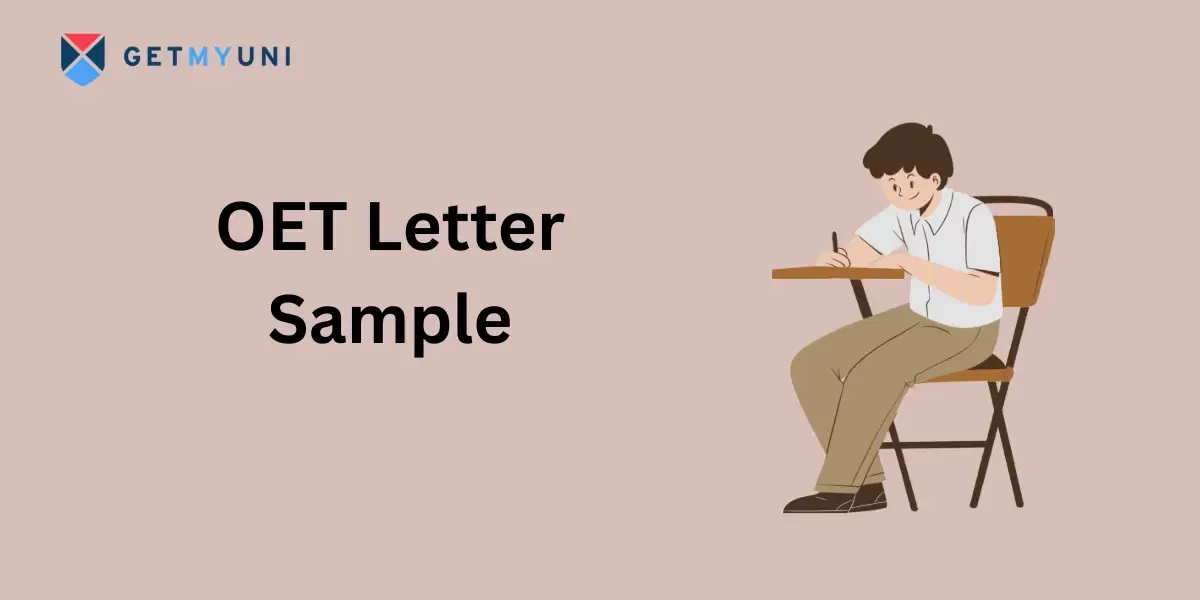
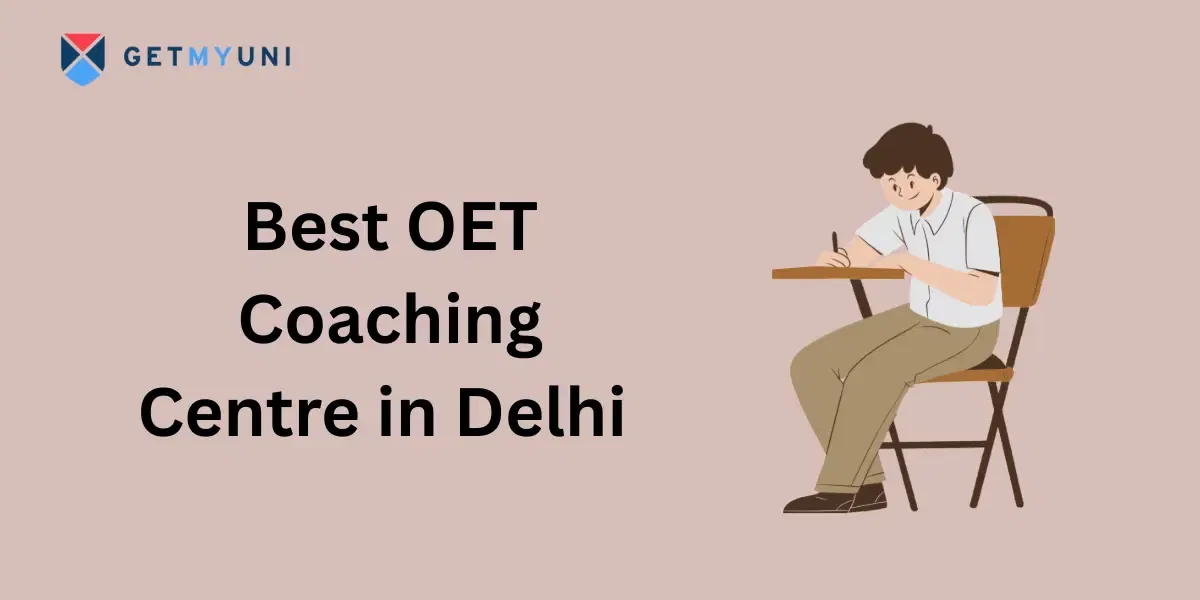
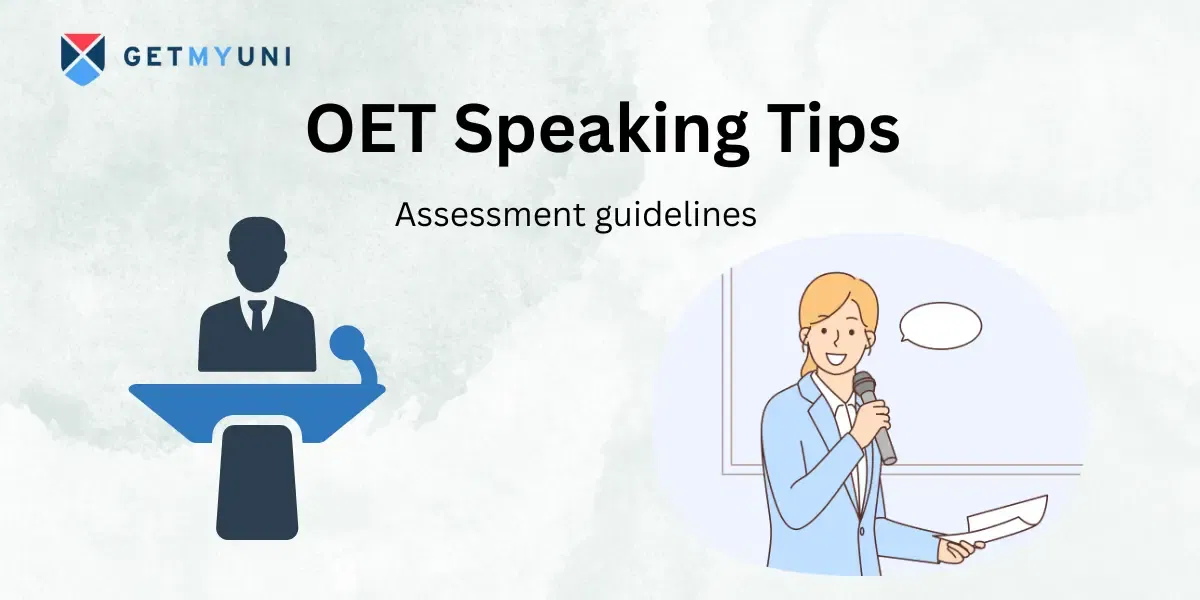

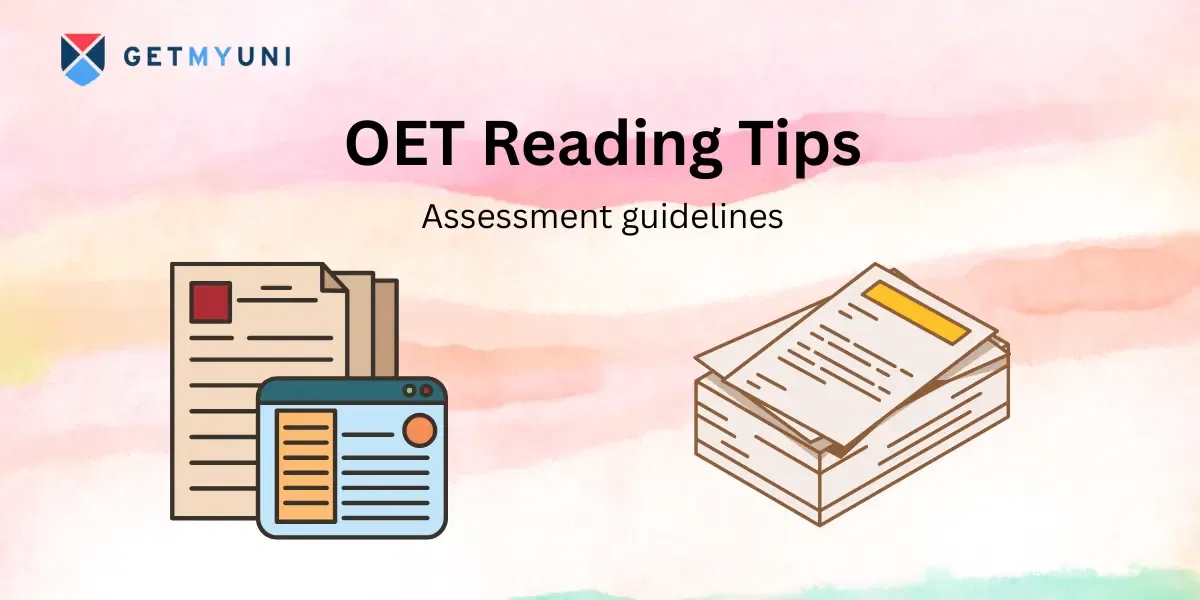


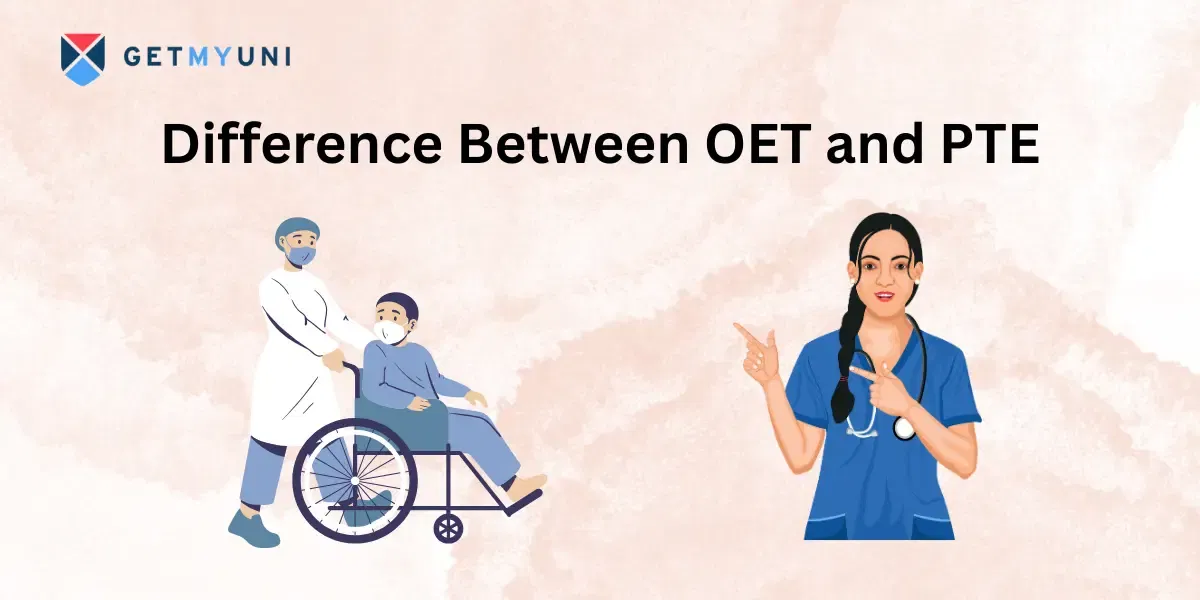












POST YOUR COMMENT